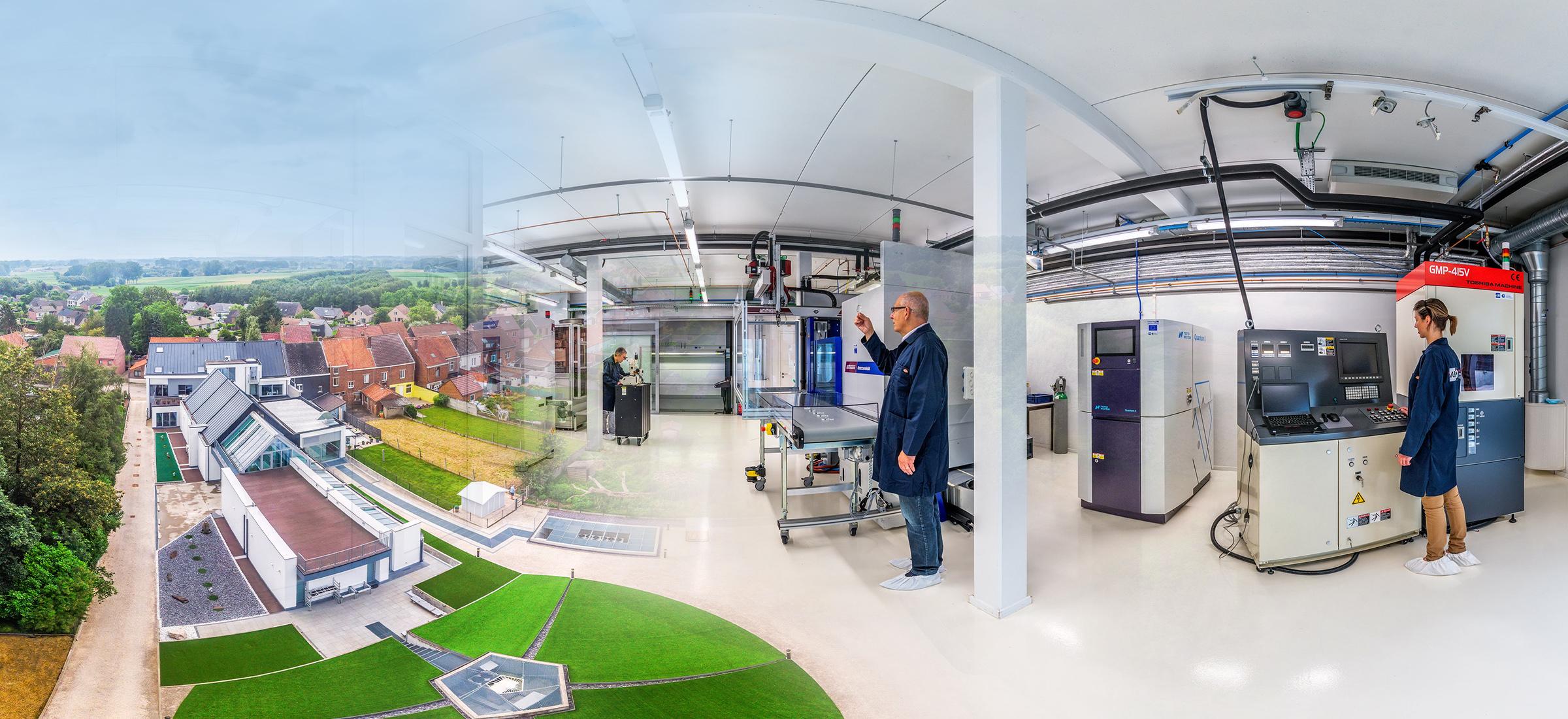
Educational quality of the programme
At VUB the quality of the education takes centre stage. This isn't something we say lightly: we scrutinise our programmes regularly to align them with changing student needs in a rapidly changing society. Additionally, the engineering programmes in Flanders are audited by an external commission: Commission des Titres d’Ingénieur (CTI, France).
This public information is part of VUB’s quality assurance system and was ratified by the Academic Council on 19/06/2023.
Strenghts of the programme
- Interuniversity: the master programme leads to a joint degree from Vrije Universiteit Brussel and Ghent University. Lecturers at both universities are active in high-level research in the fields they teach, facilitating the adaptation of course content to the latest scientific developments.
- Multidisciplinary: core photonics courses are combined with a wide range of photonics electives and multidisciplinary modules (Biomedical Engineering, Business Engineering, Information Technology, Physics & Materials, …). The programme also includes entrepreneurial and innovation topics with dedicated courses, internships and networking events.
- Link with industry: students get the opportunity to get to know and experience the professional environment thanks to a vast and sustainable network of renowned local and international industry partners. This is done in various ways throughout the programme, for example through cooperation on master thesis topics, (international) internships, job networking events and guest lectures from photonics professionals.
Opportunities
- Developing a strong alumni network, including regular activities and involvement in the curriculum through guest lectures, will enhance the already strong link with the industry and the input received by the industry.
- The digital track that has been launched offers students the opportunity to study from home during a year. This increases the opportunity for (international) students with less financial means to commence higher education studies.
Current developments
- By introducing a third bachelor course on photonics at VUB (in analogy with UGent), the master Photonics wants to attract more bachelor engineering students at the VUB. The programme is looking into how this would best fit in the bachelor programme.
- The programme is implementing and finetuning its communication strategy that was launched in 2021-2022. This includes discussing the website, brochures and social media channels on a regular basis.
- Collaborations with (international) universities are being set up. The exchange of students can further contribute to and help expand the continuously growing international photonics network.
Where do we get this information from?
As institution we routinely ask our students to give their honest opinion about the study programme during their academic career. We also consult our professors and assistants and gauge the expectations in the future field of work. We receive structured feedback from our former students and compare our programmes with others at home and abroad. Through a Peer Review every six years an expert panel endorses the programme’s assets and can recommend some actions. Lastly, the Education Quality Council takes a formal decision about the quality and functioning of a programme.
Quality Cycle
Each programme follows a six-year quality cycle. The timeline below shows the schedule for this particular programme.
